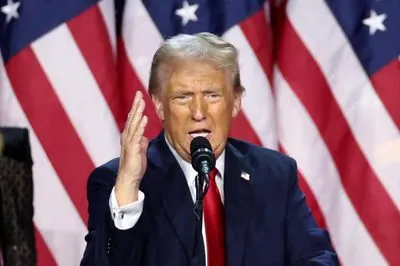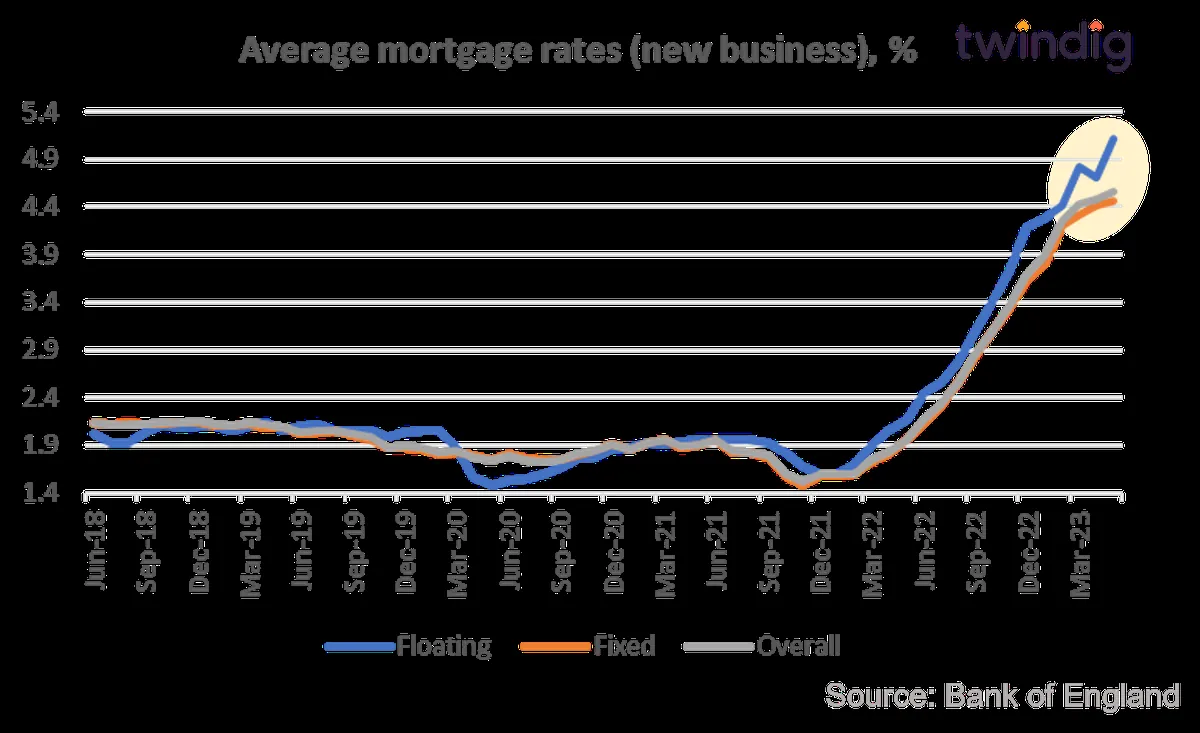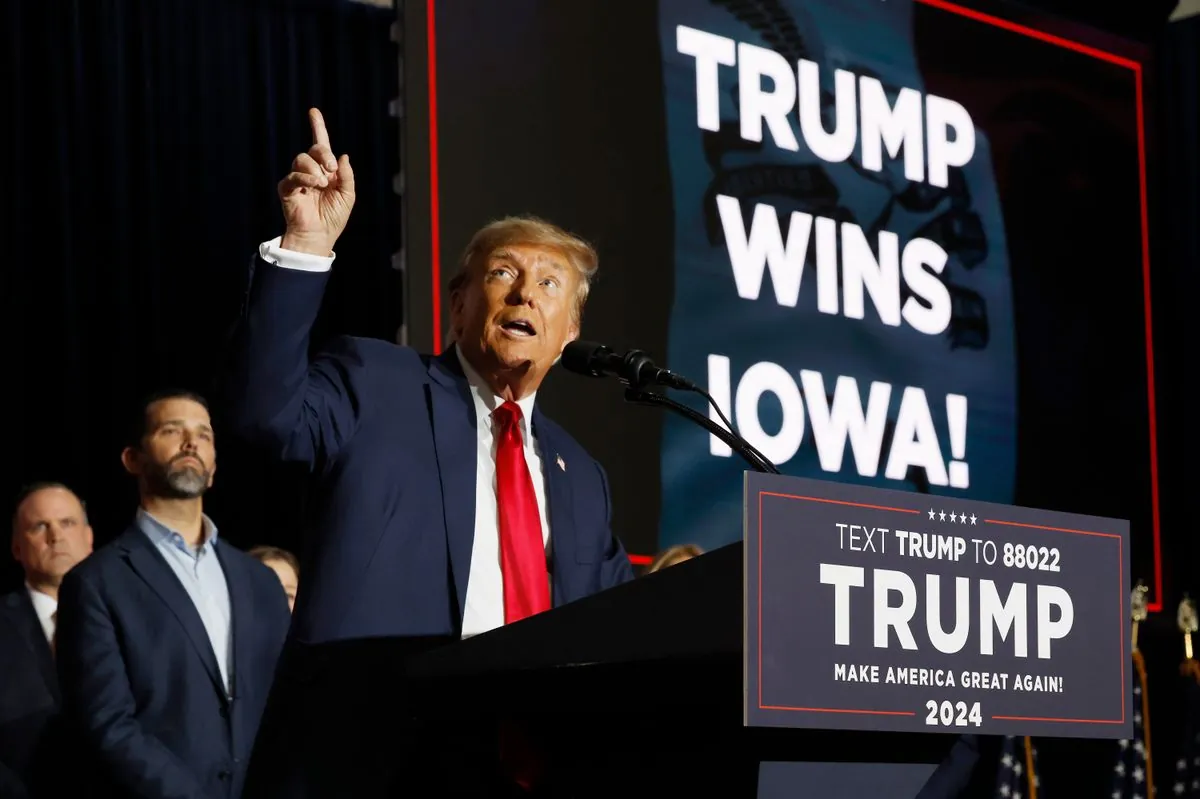United States Electoral College
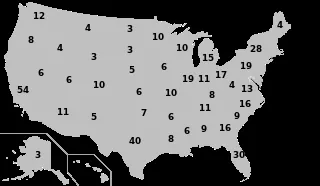
Some of the key events about United States Electoral College
- 1787Established as a compromise between popular vote and congressional selection of the president
- 1800The Electoral College resulted in a tie between presidential and vice-presidential candidates, leading to a constitutional crisis
- 1804Modified by the 12th Amendment to address separate balloting for president and vice president
- 1824Demonstrated flexibility by sending the election to the House of Representatives when no candidate won a majority
- 1824The Electoral College failed to produce a majority winner, throwing the election to the House of Representatives
- 1876Resolved a contentious election through the creation of an Electoral Commission
- 1876A disputed Electoral College vote led to the Compromise of 1877, ending Reconstruction in the South
- 1887Passage of the Electoral Count Act clarified the process for counting electoral votes
- 1888The Electoral College winner lost the popular vote, sparking debates about the system's fairness
- 1960Allegations of voter fraud in Illinois and Texas raised questions about the legitimacy of the Electoral College outcome
- 1961Ratification of the 23rd Amendment granted electoral votes to the District of Columbia
- 1968A third-party candidate nearly forced the election to the House of Representatives, highlighting potential flaws in the system
- 1969Faithless elector's vote highlighted the independence of electors
- 2000Demonstrated the system's ability to handle a close and contested election
- 2000The Electoral College winner lost the popular vote, leading to a controversial recount and Supreme Court decision
- 2004A single faithless elector in Minnesota voted for the wrong vice-presidential candidate, demonstrating potential for human error
- 2016The Electoral College winner lost the popular vote by a significant margin, intensifying calls for reform
- 2020Withstood unprecedented challenges to certify the election results
- 2020Attempts to challenge and overturn Electoral College results led to unprecedented political tension and violence
- 2023Electoral Count Reform Act passed to clarify and modernize the electoral vote counting process
Disclaimer: This material is written based on information taken from open sources, including Wikipedia, news media, podcasts, and other public sources.
United States Electoral College Latest news
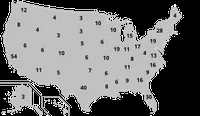
Electoral College: Why US presidents dont need most votes to win
November 5 2024 , 08:50 AM • 586 views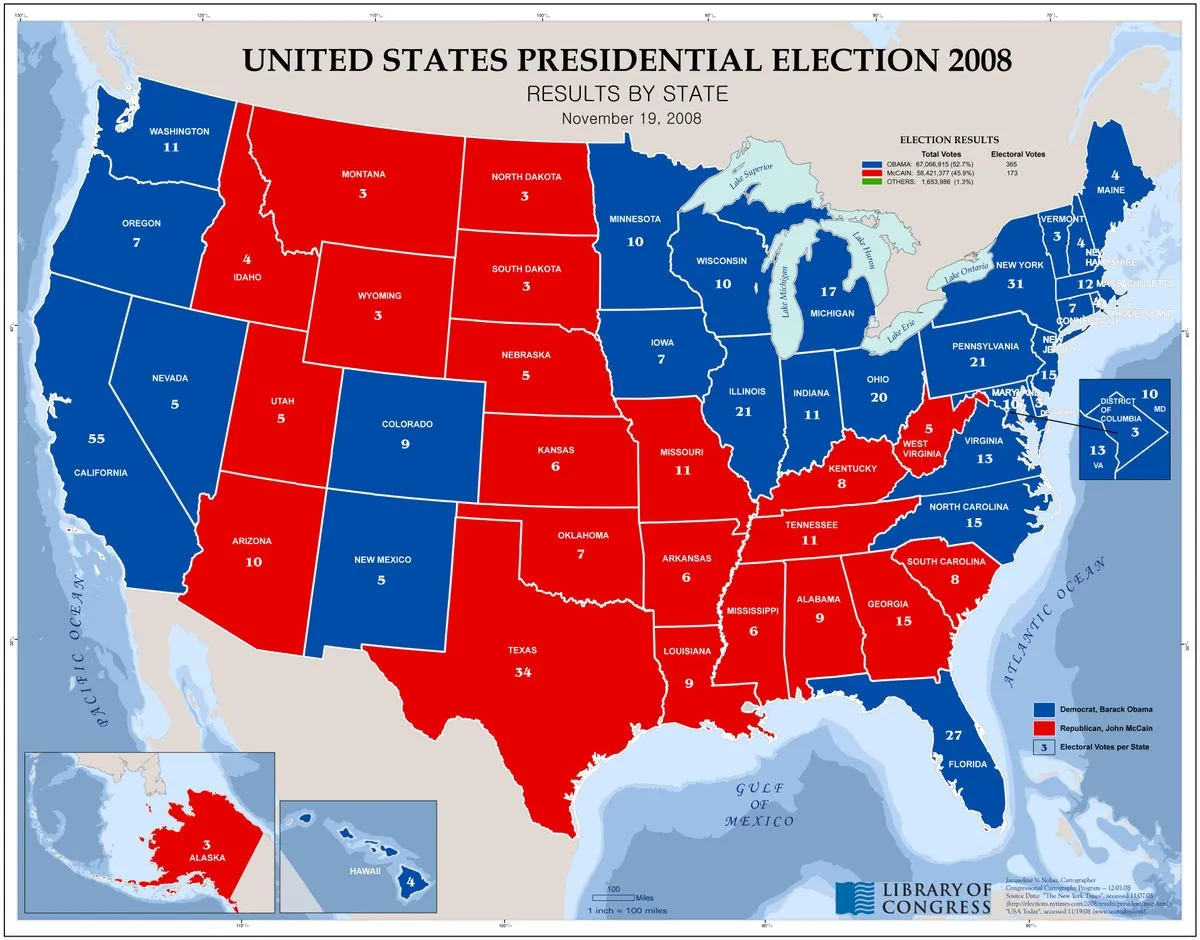
Electoral College system: Why your presidential vote works differently than you think
November 4 2024 , 04:45 PM • 355 views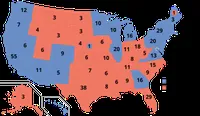
Electoral College system: Why your vote might not work as you think
November 4 2024 , 04:12 PM • 55 views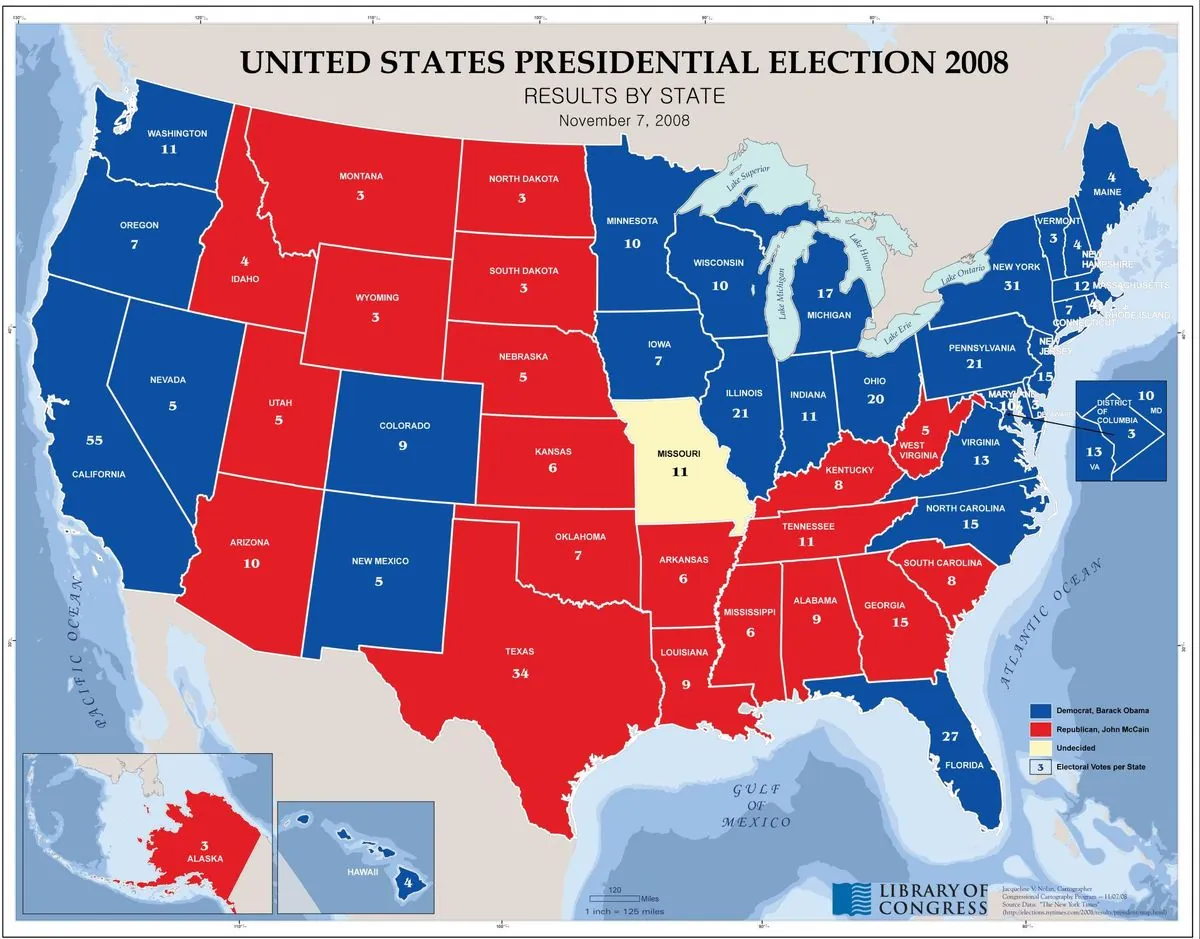
Electoral College puzzle: Why winning most votes doesnt make you president
November 1 2024 , 11:31 AM • 1120 views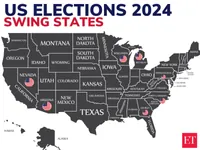
Electoral College system: 5 times when US presidents won without popular vote
October 30 2024 , 04:08 PM • 205 views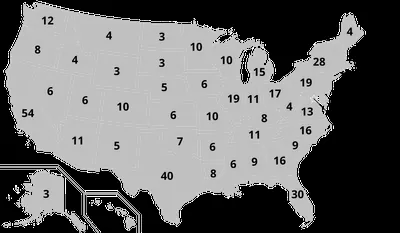
Electoral College: Why US presidents dont need most votes to win
Americas unique presidential voting system lets candidates win without getting most votes - it happened 5 times already. The system dates back to late 18th century and still affects modern elections
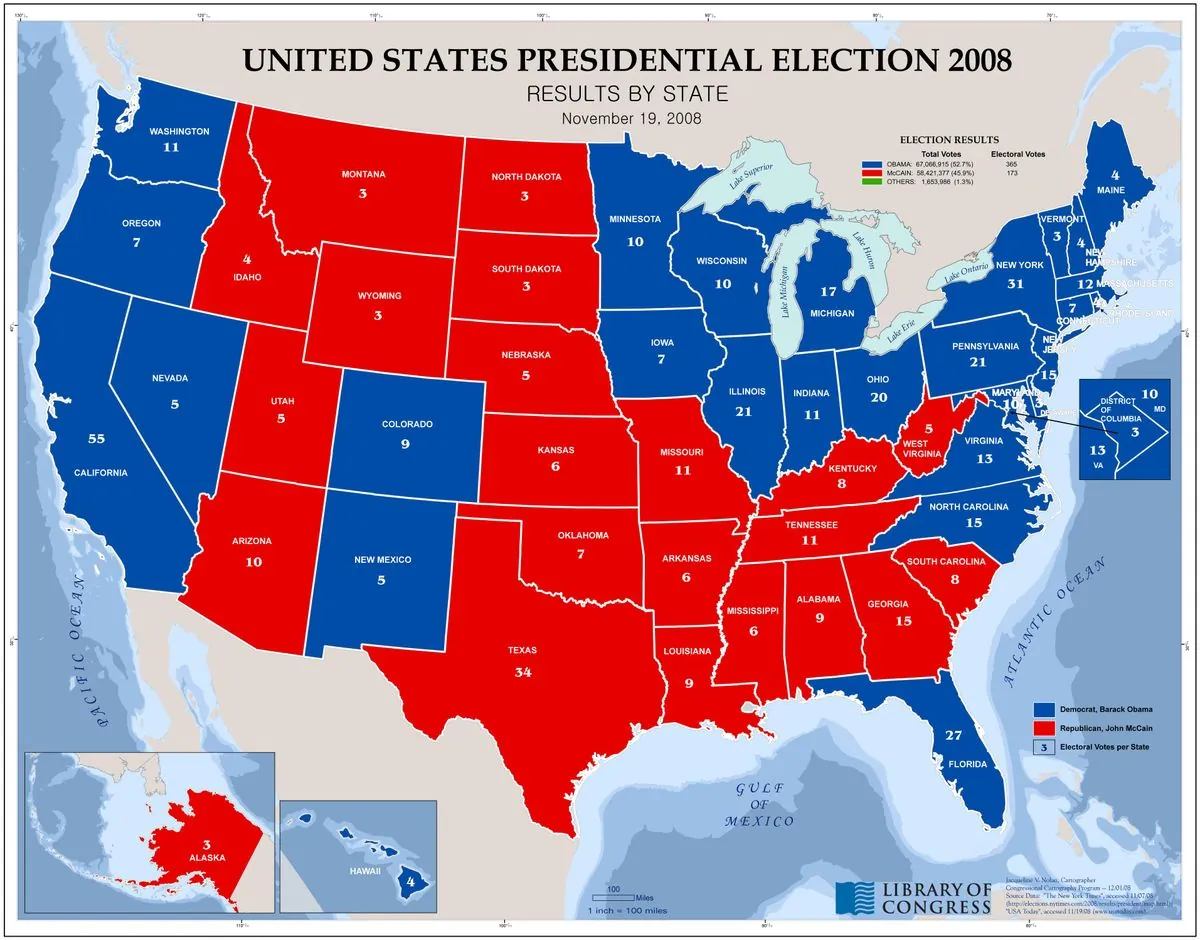
Electoral College system: Why your presidential vote works differently than you think
Americas unique presidential voting system has shaped election outcomes for over 200 years. Five times in history a candidate won presidency without getting most peoples votes
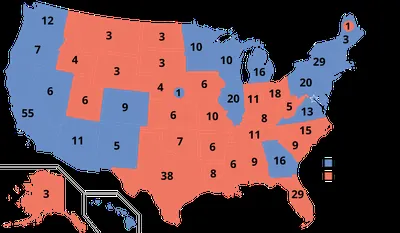
Electoral College system: Why your vote might not work as you think
Americas unique voting system keeps making headlines after causing five presidents to win without popular vote. Recent census changes and the Jan-6 events brought new attention to this 200-year old system
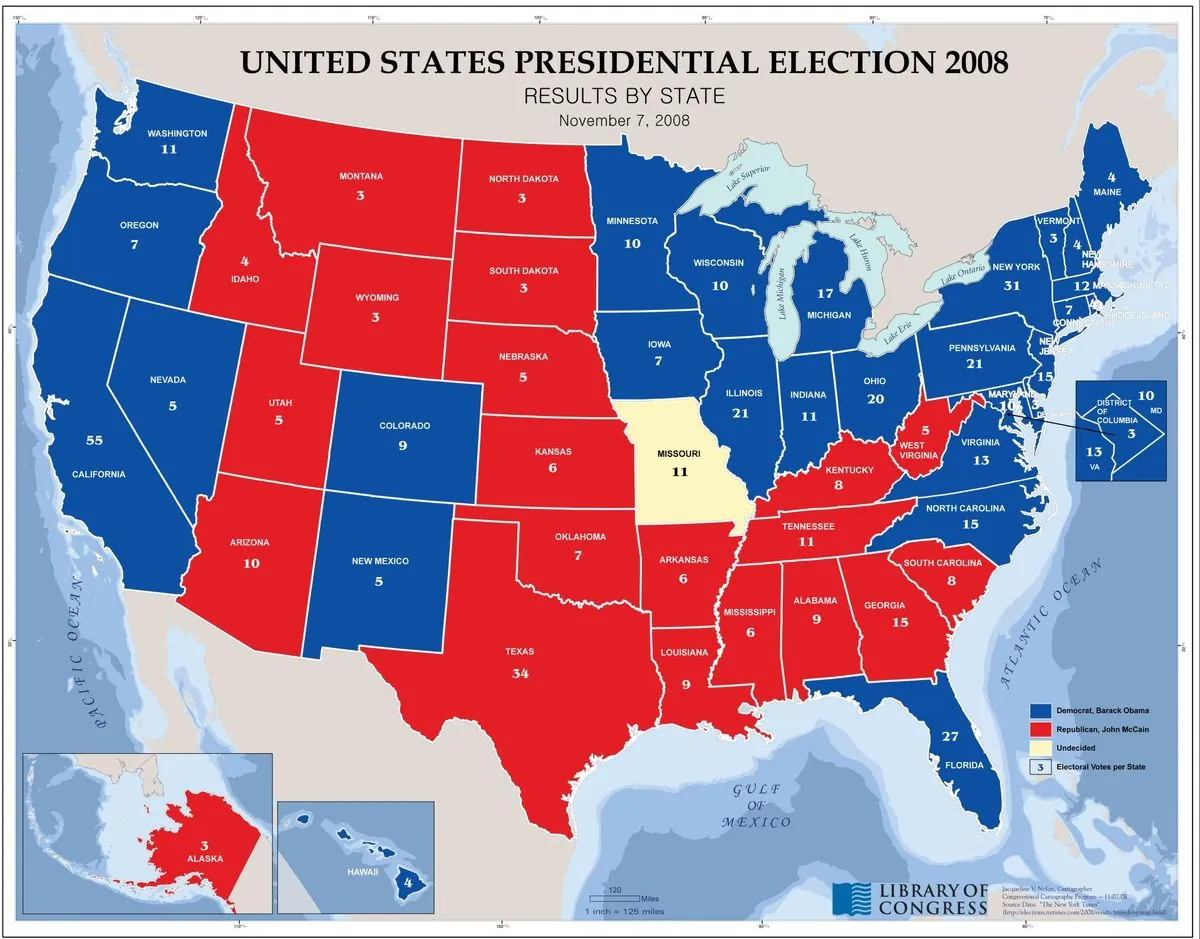
Electoral College puzzle: Why winning most votes doesnt make you president
Americas unique voting system lets candidates win presidency without getting most votes. Since late 18th century this system caused five unexpected winners‚ with latest case just 8 years ago
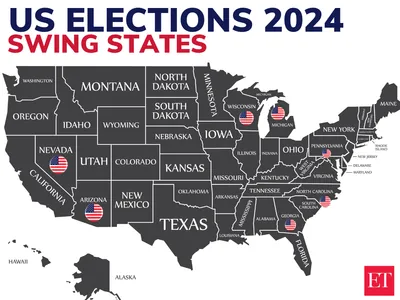
Electoral College system: 5 times when US presidents won without popular vote
Americas unique voting system has shaped presidential outcomes since late 18th-century. From recent census changes to historical mismatches this complex process still affects modern-day elections





